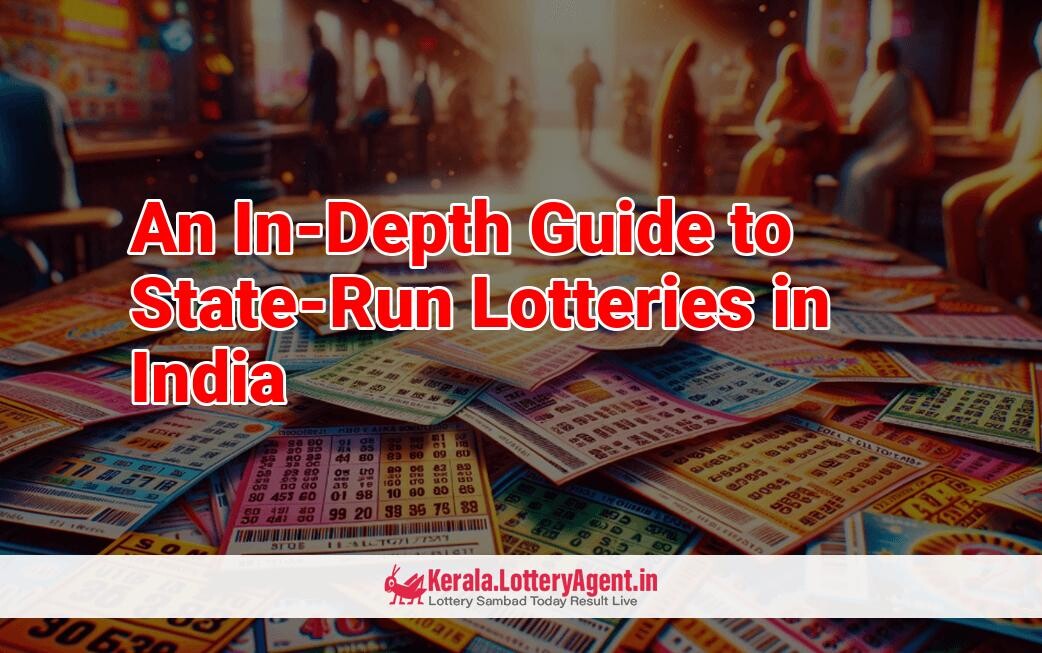
Lotteries in India boast a rich tradition stretching back more than half a century. However, varying regulations have shaped their existence and form over time. Whether you are a resident or a visitor curious about partaking in India’s state-run lottery games, good news awaits. Today’s India offers a plethora of options, transcending the state-run gambits. The ensuing article casts a spotlight on India’s government lottery and its alternatives, providing an informative tour for enthusiasts and the uninitiated alike.
The legality of the lottery in India rests on a decisive Supreme Court verdict encapsulated in the Lotteries (Regulation) Act of 1998. This act empowers individual states to determine the legality of lotteries within their jurisdictions. As it stands, 13 out of 29 states in India allow legal participation in lottery games. Among these, Kerala stands out as a pioneer, having embraced lottery games since 1967. It boasts a rich history of over fifty years in orchestrating these games.
The Kerala Lottery distinguishes itself with a unique daily draw concept, branded with distinct names to minimize any potential confusion among participants. With ticket prices oscillating between ₹40 and ₹100, the lottery is accessible to many and promises varied rewards. Furthermore, Kerala also hosts special bumper draws linked to significant festivities, offering even more substantial prizes for tickets priced from ₹100 to ₹200.
Traveling north to Punjab, we find another state with a history of lotteries—one that followed Kerala’s early adaptation. Punjab specializes in bumper draws coinciding with major holidays and boasts attractive prize pools. Similarly, Sikkim and other states like Arunachal Pradesh, Assam, Goa, and more offer daily draws with enticing jackpots, with each state featuring its unique lottery schemes.
While the scope remains large, the approach to claiming lottery prizes in India demands attention to detail, with stringent requirements for identity verification and adherence to timeframes to avoid joining the list of unclaimed prizes.
For those wishing to participate in the government lottery, physical presence within the legal states is requisite, with ticket purchases corresponding to the respective state’s lottery. Both national gambling laws and state-specific rules govern the lottery’s operation in India, with the Public Gambling Act of 1867 and the aforementioned Lotteries (Regulation) Act serving as the primary regulatory frameworks.
Purchasing government lottery tickets offline is replete with the risk of counterfeits due to the absence of official vendors. This lack of regulation often leads to duplicated tickets, with unwitting customers finding themselves scammed. Conversely, online lottery sites seem an appealing alternative, offering secure transactions and a broad selection of global lotteries. Players are further encouraged by the support for popular Indian payment methods such as Paytm, UPI, PhonePe, MasterCard, and Visa, among others.
Reflecting on the laws established in 1867 and their evolution up to the 1998 Lottery Act, one observes a network of regulations that have fostered the spread of lottery games in states where they are deemed legal. The perennial question of legality in India, the restrictions on international participation, the taxing of prizes, and the distinction between standard and bumper lotteries within the Indian government lottery are topics that enthrall citizens and remain points of discussion today.
Undoubtedly, engaging in India’s government lottery presents an enticing opportunity with a diverse array of games and many daily draws. Affordability and substantial jackpots add to the allure. Yet, the trepidation surrounding counterfeit tickets and the cumbersome prize-claiming process might deter potential players, making the appeal of reputable online lottery vendors ever more compelling. The latter provide a world of lottery options, liberating players from geographical and administrative constraints and promising a stylish immersion into the world of luck and fortune.











